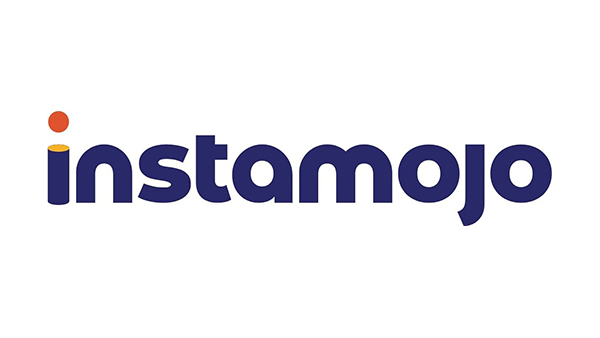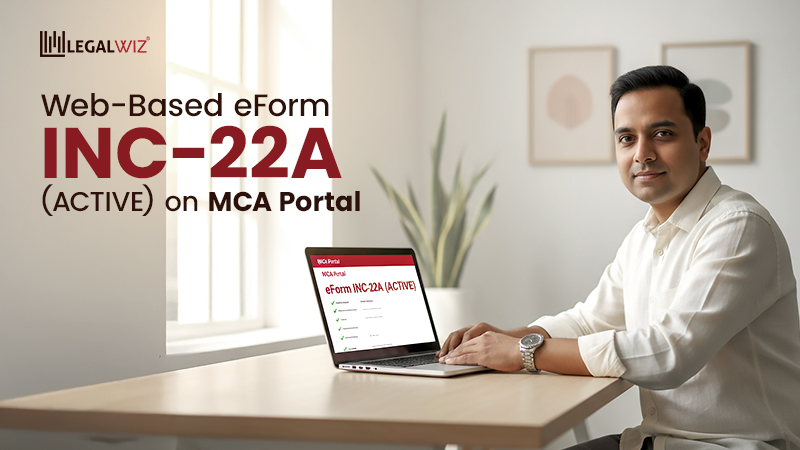One Person Company Registration
The first move towards building an empire!
What is One Person Company?
To understand one person company definition, we first need to get into the identity it creates. A registration provides corporate status and many benefits to the members and directors. In the case of a Private company, at least two members are required which is not the same in the case of OPC. To eliminate this drawback and allow a single person to reap the advantages of One Person Company, this sort of a company structure is introduced through the Companies Act, 2013. One Person Company registration is simplified with online filing and process.
One Person Company feature is such that it has only one shareholder who owns 100% stake of the company. To maintain the character of perpetuity, the appointment of the nominee is compulsory, who will take place of the owner in case of death or his inability. One person company is a type of Private Limited Company.
Benefits of One Person Company Registration
Documents Required for Online OPC Registration
One Person Company Registration
*Subject to Government processing time
Process to register OPC online
Compare different business structures to choose the right entity type
| Private Limited Company | One Person Company | Limited Liability Partnership | Partnership Firm | Proprietorship Firm | ||
|---|---|---|---|---|---|---|
| Applicable Law | Companies Act, 2013 | Companies Act, 2013 | Limited Liability Partnership Act, 2008 | Indian Partnership Act, 1932 | No specified Act | |
| Registration | Mandatory | Mandatory | Mandatory | Optional | No | |
| Number of Owners | 2 – 200 | Only 1 | 2 – Unlimited | 2 – 50 | Only 1 | |
| Separate Legal Entity | Yes | Yes | Yes | No | No | |
| Liability Protection | Limited | Limited | Limited | Unlimited | Unlimited | |
| Statutory Audit | Mandatory | Mandatory | Based On Applicability | Not Mandatory | Not Mandatory | |
| Ownership Transferability | Yes | Yes (Restricted) | Yes | Yes (Restricted) | No | |
| Perpetual Existence | Yes | Yes | Yes | No | No | |
| Foreign Ownership | Allowed | Not Allowed | Allowed | Allowed | Not Allowed | |
| Taxability | Moderate | Moderate | High | High | Low | |
| Compliance Requirement | High | High | Moderate | Low | Low | |
| Know More | Get Started | Know More | Know More | Know More |
Explore One Person Company Registration
Your Growth, Supported by Our Partners
Explore how our partner network can fuel your success—get in touch with Legalwiz.in today!











